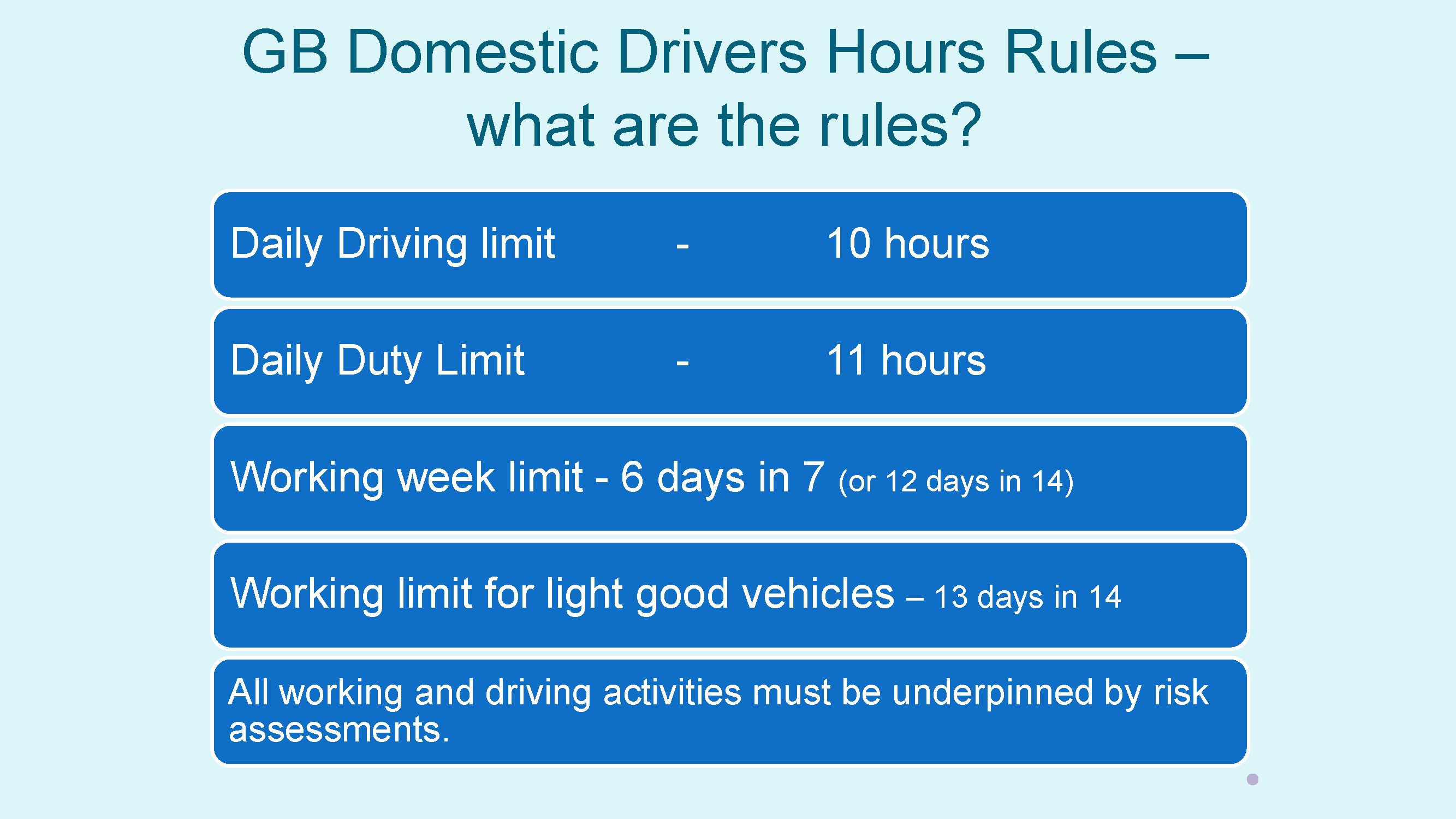

The average registrar working hours in our unit was 67 hours per week, which was shorter than in the USA but higher This equates to approximately 67 hours per week.Ĭonclusion. The mean monthly total over theģ-month period was 269 hours. Registrar for each month was 277 hours in January, 261 hours in February and 268 hours in March. Ten were males, and the overall mean (standard deviation) age for all registrars was 33 (3) years. During the 3-month study period from January 2013 to March 2013, the attendance records of 12 registrars were reviewed. We conducted a retrospective review of the hours worked by registrars in our university training unit. To review the actual hours worked by registrars in a major university hospital in South Africa. The length of registrar working hours in South Africa and how it compares with other countries. Surgical training has undergone major changes, especially in terms of work hour regulations. There is likely to be a degree of heterogeneity between different training units, which needs to be explored further if a more accurate overall picture is to be provided.īackground. This was shorter than that in USA, but higher than that in Europe. The average surgical resident worked 70 hours per week in our unit.

This equates to approximately 70 hours per week. The mean monthly total over the study period was 267 hours. The mean total hours worked by each resident each month was 277 hours in January, 261 hours in February and 268 hours in March. The mean age of the residents was 33 years.

The attendance records of 12 surgical residents were reviewed during the three-month study period from January 2013 to March 2013. We conducted a retrospective review of the hours worked by surgical residents in a major university hospital in South Africa. Very little is known regarding the situation in South Africa, and how it compares with other countries. Surgical training has undergone major changes worldwide, especially with regard to work hour regulations. This study shows that, in Wales at least, a vast majority of surgical trainees and consultants alike are opposed to the introduction of the EWTD and believe it will have a detrimental effect on training, patient care, and doctors' lives outside of medicine. A significant proportion at each grade was opposed to the introduction of shifts in order to comply with regulations (78% SHOs, 87% SpRs, 89% CONs), and an alarming number have considered leaving the National Health Service when the regulations are enforced (29% SHOs, 41% SpRs, 33% CONs). Furthermore, a large proportion felt surgical training should be exempt from EWTD regulations (76% SHOs, 87% SpRs, 89% CONs). Most felt that EWTD legislation will have a negative effect on clinical experience (96% SHOs, 97% SpRs, 96% CONs) patient care (83% SHOs, 85% SpRs, 96% CONs) and training (94% SHOs, 100% SpRs, 93% CONs). The vast majorities at all grades (88% SHOs, 100% SpRs, and 96% CONs) were unhappy with the introduction of EWTD legislation to clinical medicine. The response rates were 81%, 78%, and 71% for SHOs, SpRs, and CONs, respectively. In this cohort study, a postal questionnaire was sent to 150 SHOs in surgical specialties, 50 general surgical SpRs, and all 84 CONs in the Welsh Deanery. The aim of this study was to determine the views of senior house officers (SHOs), specialist registrars (SpRs), and general consultant surgeons (CONs) in Wales on the influence of the EWTD on surgical training and clinical experience. As a result, the maximum period that may be spent as a resident in hospitals is 56 hours per week and after August 2009, 48 hours per week. The European Working Time Directive (EWTD) became law in Britain on October 1, 1998.


 0 kommentar(er)
0 kommentar(er)
